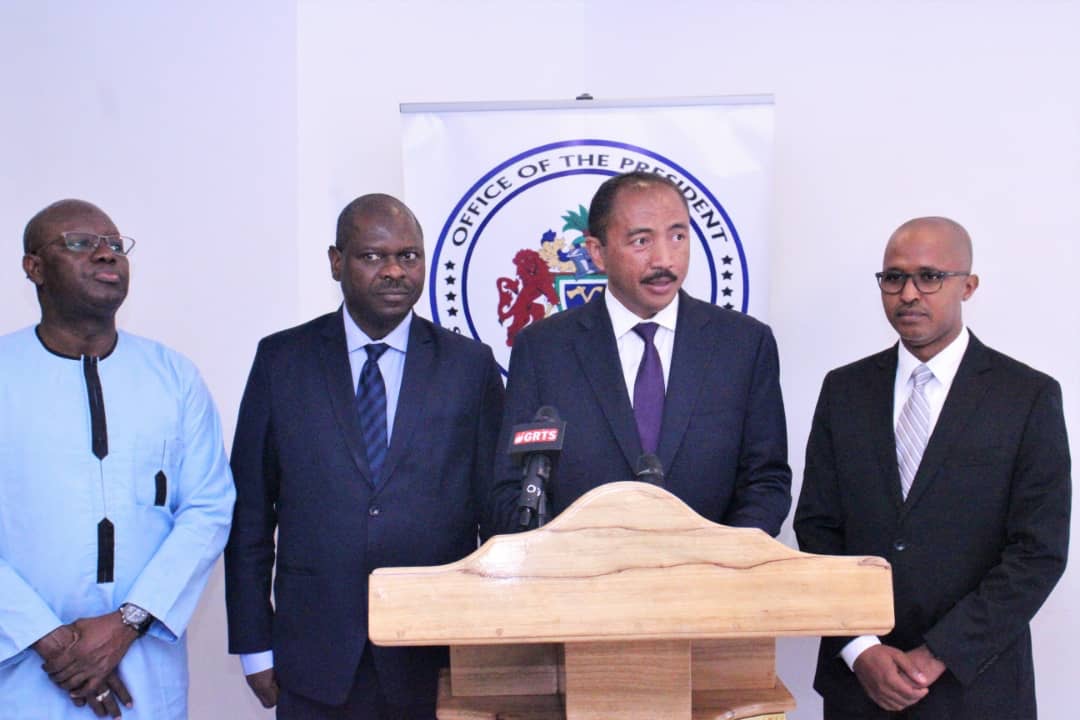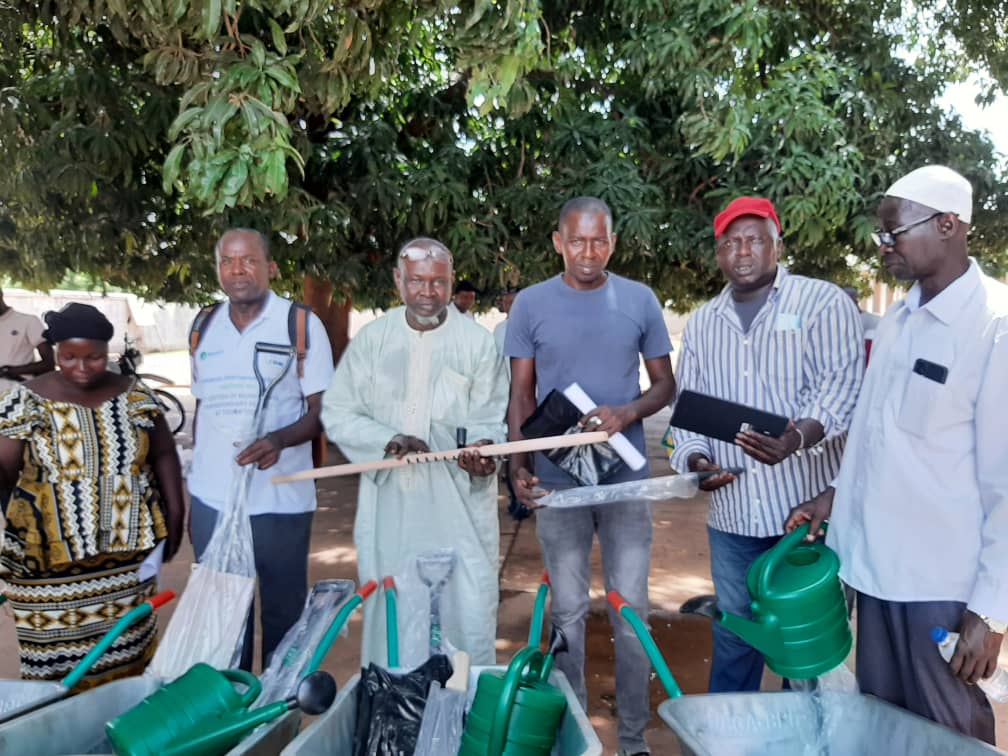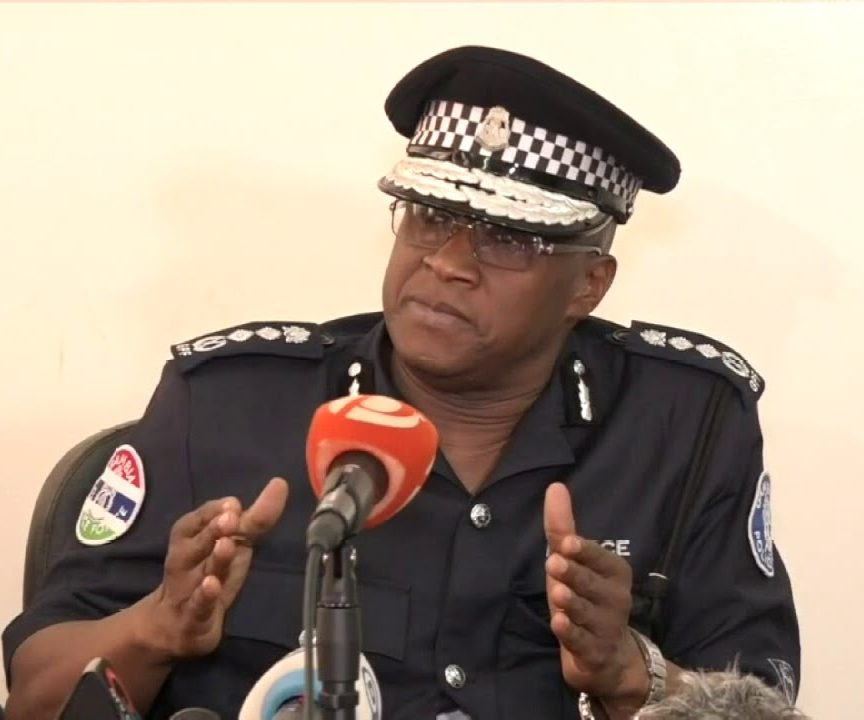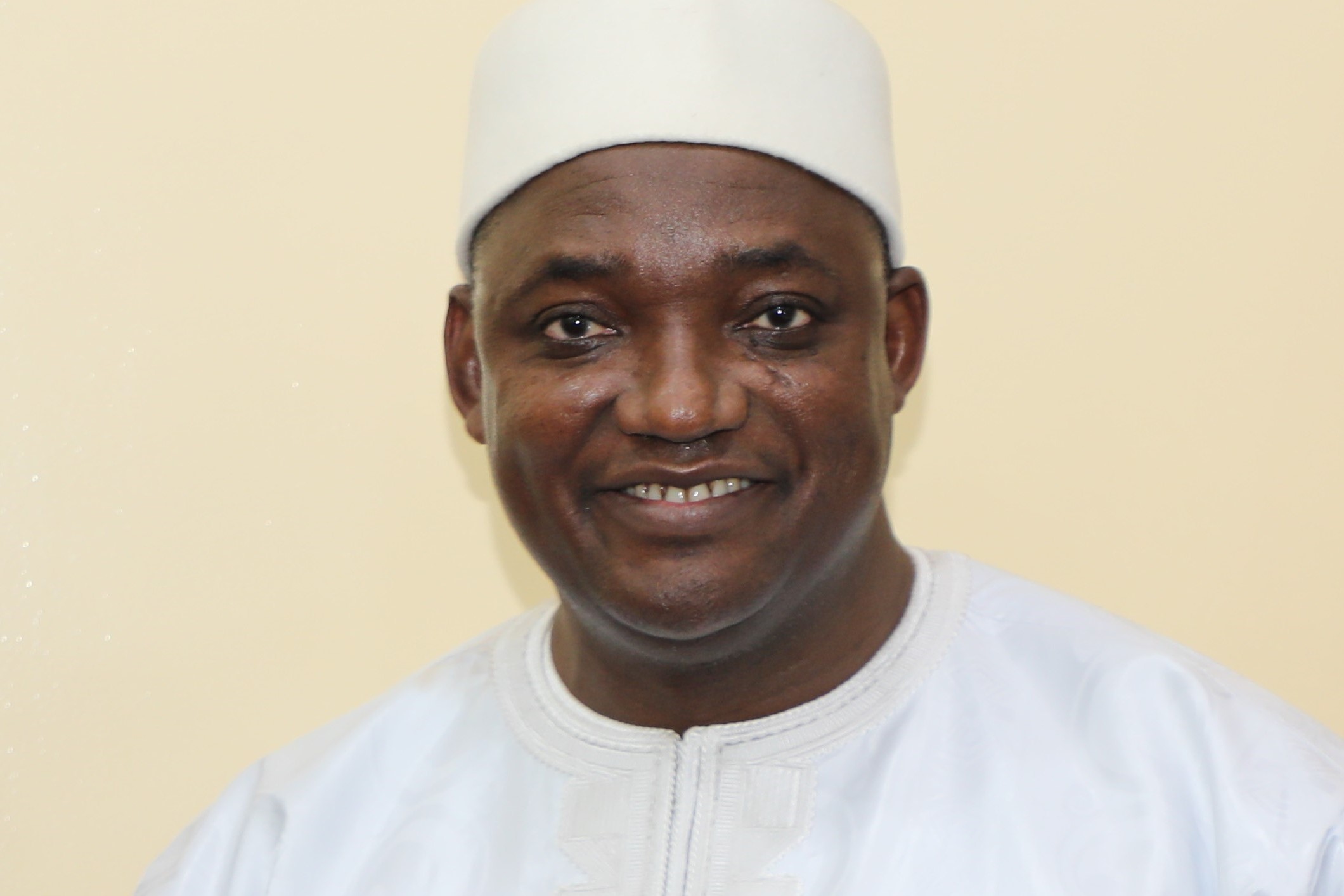The Gambian economic activity is recovering robustly as the country continues to advance its reform agenda and inflation decelerates but remains elevated, according to the International Monetary Fund (IMF).
Besides pressures on the foreign exchange market are easing, a visiting IMF team has observed, suggesting that persevering in strong policies is paramount to underpin the Gambian authorities’ ambitious development agenda.
Led by Mr. Ivohasina Fizara Razafimahefa, the team conducted discussions with the Gambian authorities in Banjul from 23 April to 3 May 2024, and reached a staff-level agreement on the first review of the programmesupported under the 36-month Extended Credit Facility (ECF) arrangement. It was approved in January 2024 for access of US$98.4 million.
Subject to approval by the IMF’s Executive Board, completion of the review would enable a disbursement of US$10.9 million, bringing the total disbursement under the arrangement to US$21.8 million.
At the conclusion of the discussions, Mr. Razafimahefaremarked that the Gambian authorities remained committed to their reform agenda and their efforts had been commendable.
He pointed out that the introduction of a new foreign exchange policy had allowed the official exchange rate to closely reflect market developments and alleviated foreign exchange shortages.
“Governance and structural measures are advancing, including the adoption of the anti-corruption bill and the oversight of state-owned enterprises (SOEs). The 2023 fiscal outturns reflected good revenue performance, but capital spending exceeded projections due to an accelerated execution of donors-funded infrastructure projects, especially for the Organization of Islamic Cooperation (OIC) summit during May 4-5, 2024,” he said.
“Economic activity continues to recover robustly. Economic growth is estimated at 5.3 per cent for 2023, supported by good performance of the agriculture, services, telecommunication, and construction sectors. Tourist arrivals continued to increase in 2023 but remain below the pre-pandemic levels.
“Remittance inflows also show a sustained good performance. Inflation eased from a peak of 18.5 per cent (y-o-y) in September 2023 to 14.9 per cent at end-March 2024, but remains well above the central bank’s medium-term objective of 5 per cent,” he added.
According to IMF officials, policy discussions focused on preserving the hard-won macroeconomic gains and supporting strong and inclusive economic growth. Fiscal policy in 2024 will remain anchored on the parameters of the budget approved by the National Assembly.
While Gambia’s medium-term fiscal framework will aim at continuing reducing debt vulnerabilities, IMF staff advised the authorities to address the costly subsidies on domestic fuel prices and strengthen the social registry to provide targeted support to the vulnerable population.
The Gambia’s structural reforms cover domestic revenue mobilization, public financial management, governance and transparency, management of SOEs, access to finance, and the business environment.




